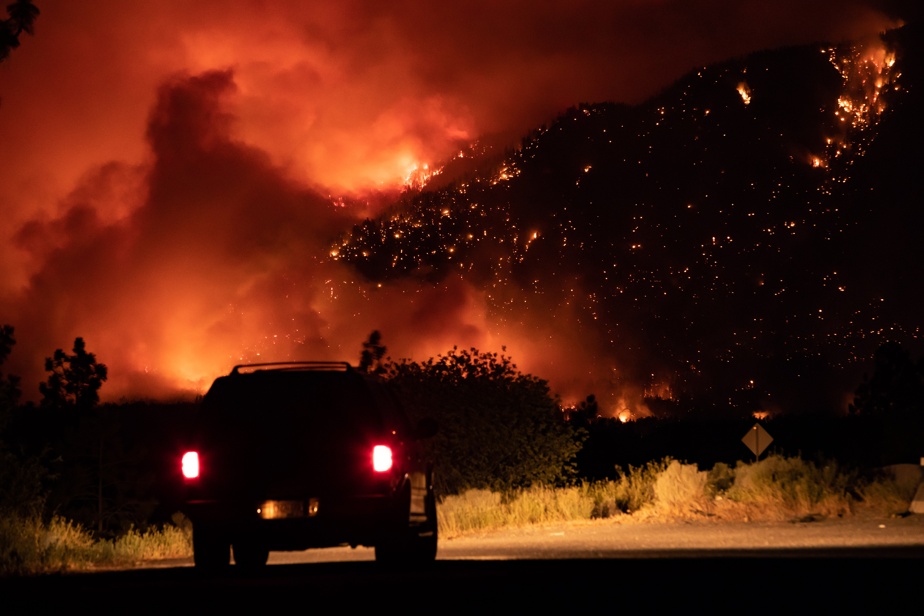(Ottawa) Dozens of experts advising the government on climate change adaptation say Canada needs to do more to prepare infrastructure for threats posed by severe weather and help Canadians recover from floods, major fires and storms.
Posted at 6:38 am
Federal Environment Minister Stephen Gelbolt on Monday is set to launch the second and final phase of development of the National Adaptation Strategy that the Liberal government has promised to complete by the end of the year. In particular, the plan should suggest ways to make Canada more resilient to the effects of climate change.
While discussing Phase One, five groups of experts in the areas of health, economy, resilience, natural and built infrastructure and nature advised the minister on areas where they believed the government should focus its plan.
The Health Commission said that by 2030, health authorities should have what they need to address climate-related health risks, including infectious diseases and mental health.
New standards must also be incorporated into the design and management of all infrastructure to make it low-carbon and weather-resistant.
In terms of disaster resilience, experts say Canada needs to do more to help when severe weather hits.
The people of Lytton, British Columbia can attest to that. The city of about 250 people was devastated by forest fires last June, after experiencing the highest temperature ever recorded in Canada. Two people were killed and 10 months later the restoration work had not yet begun.
Emergency Preparedness Minister Bill Blair visited Lytton on Thursday and promised to allocate at least $416 million in disaster aid.
But Lytton’s rebuilding was hampered by a number of factors, including more extreme weather conditions. Last November, flooding washed away roads into the city causing an estimated $5 billion in damage across British Columbia. Then winter brought the largest snowfall to Lytton in more than three decades.
The Expert Panel on Disaster Resilience says that by 2030, Canada should be able to significantly reduce the number of Canadians at risk from extreme weather and be able to restore every disaster-stricken community within a year.
Lytton was not the only Canadian community affected by a series of disasters. This past summer, Red Lake, Ontario, and many of its first neighboring states, were hit by wildfires for the second year in a row, leading to evacuations and the destruction of thousands of acres of land.
On May 10, the municipality about 500 kilometers northwest of Thunder Bay declared a state of emergency after flooding washed away parts of the highway to Red Lake.
Federal Natural Resources Minister Jonathan Wilkinson said at a bushfire preparedness briefing Friday that no matter how well Canadians reduce greenhouse gas emissions, the effects of global warming are already affecting them and that Canada must do more to adapt.
“Canada is seeing more frequent and extreme wildfires and unfortunately it will not improve,” he said. “It is a product of climate change that has built into our future.”
Over the past two years, Public Safety Canada has been called 14 times to help fight wildfires. In the past five years, it was needed only four times.
Last summer, more than 4.3 million hectares were burned across Canada, more than 1.5 times the 10-year average of 2.6 million.
Forecasters said Friday that Canadians from British Columbia to western Quebec can expect above-average fire risks in June and July again this year.
Flooding is also a major and more frequent risk. Last week, floods forced evacuations in Manitoba, Alberta, the Northwest Territories and northwestern Ontario.
Until the 1960s, Canada recorded nearly 30 climate-related disasters every decade. Now the number has exceeded 100.

“Subtly charming problem solver. Extreme tv enthusiast. Web scholar. Evil beer expert. Music nerd. Food junkie.”

